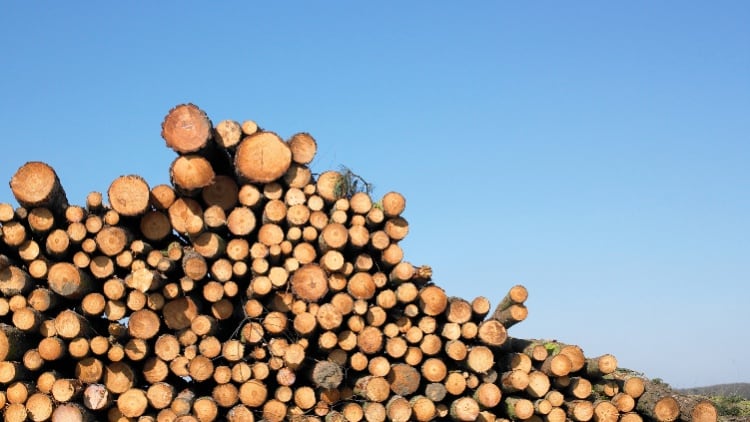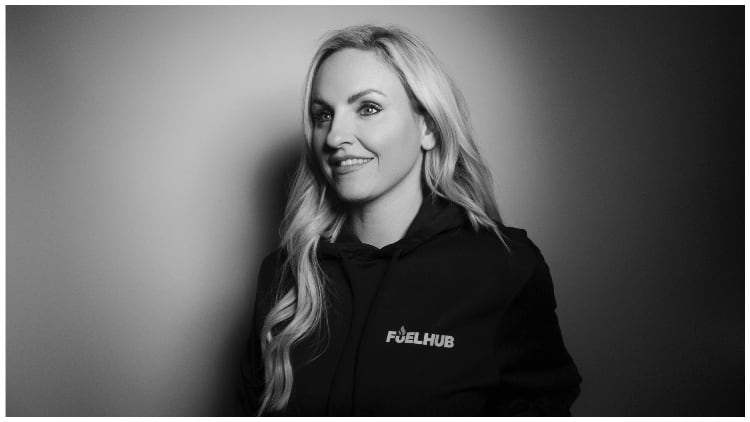For the study, the WBA analysed 350 of the most influential food and agriculture companies around the world, using publicly available information to adjudge their impact on nature, climate change and people.
Agricultural expansion drives almost 90% of global deforestation, yet only 13% of companies (46 out of 350 firms investigated) have made a commitment to zero ecosystem conversion. Of those that have a commitment in place, only half have included a time horizon for meeting that target.
The research did show that firms are becoming more aware of regenerative agriculture though, with 51% referencing the practice in their planning and 27% currently implementing strategies. However, just 2% of the companies investigated currently understand the wider impact on nature caused by their operations.
Elsewhere, only 12% of firms report the level of pollutants that they release into water sources, while 9% have set targets to optimise the use of fertilisers and 4% have targets to minimise the use of pesticides.
Looking at climate change, 50% of the 350 firms now have a commitment in place, with 46 putting in place scope one and two greenhouse gas reduction targets in line with limiting global warming to 1.5C. Meanwhile, 13 firms now report progress against science based targets for scope three emissions.
Speaking to Food Manufacture, WBA nature transformation lead Jenni Black explained that the nonprofit wanted its research to reflect the responsibility food and agriculture companies have to reduce their reliance and impact on the natural world.
“Deforestation is such a tangible issue that impacts climate issues, nature issues and social issues,” she explained.
On the comparative lack of action on deforestation compared to climate change, Black added: “The UN has said that we need to stop deforestation by 2025 if we want to reach net zero by 2050, so the companies not taking action are missing a big opportunity to address both issues at once.
“Deforestation needs to be part of credible action on tackling climate change. There has been a very cohesive, focused effort by regulators, investors and civil society to address climate change, and as a result it has become easier to look at tackling greenhouse gas emissions.”
If more companies are to successfully tackle their impact on nature, it starts with building an understanding of what that impact actually looks like.
“The first step we need to see if more companies assessing their impact and dependency on nature, which is exposing them to a massive amount of risk,” Black said.
“We would hope and expect that by the next iteration of the benchmarks, more companies understand their relationship with nature, whether that be water or deforestation. It is not like climate change where everyone understands that they need to be working towards the same goal, as nature is inherently location based.”
In addition to looking at how firms affect nature and the climate, the WBA analysed how food and agriculture companies impact people.
Of the 350 firms, 49 are adapting products to improve their nutritional quality and five have set targets to increase sales from healthy foods. Meanwhile, only five companies demonstrate that they seek free, prior and informed consent from Indigenous communities on whether or how to conduct projects in Indigenous territories.
Explaining the purpose of the WBA’s research, Black explained that it aims to deliver an accurate and unvarnished picture that builds corporate accountability and helps create a system where performance on different issues is consequential.
“Unlike a lot of other initiatives, this is not an opt-in,” she said.
“The WBA has a process of selecting keystone companies based on size and geographic distribution to ensure that we get a balance of firms also based in the Global South. A company should be able to back up what they are saying with credible evidence and greenwashing is a big problem.
“We also want to be able to incentivise companies to take action and do better, and there are plenty of organisations and tools and actors out there to support companies.”
Elsewhere, the UK Government is reportedly looking to fast-track the legalisation of cultivated meat.





